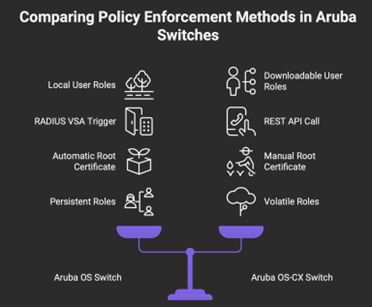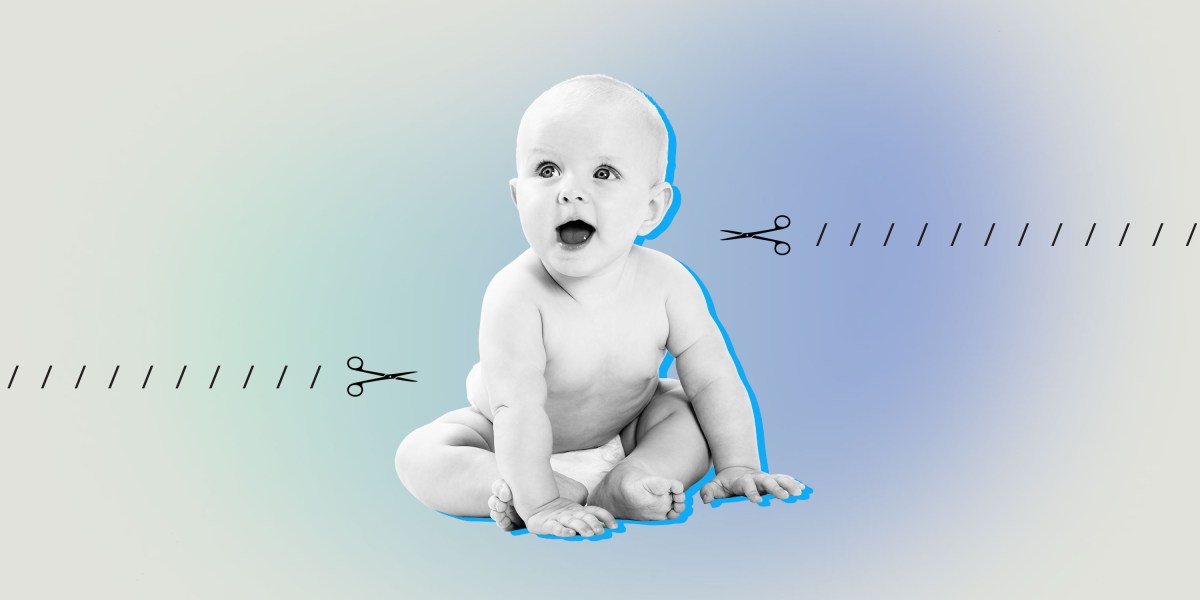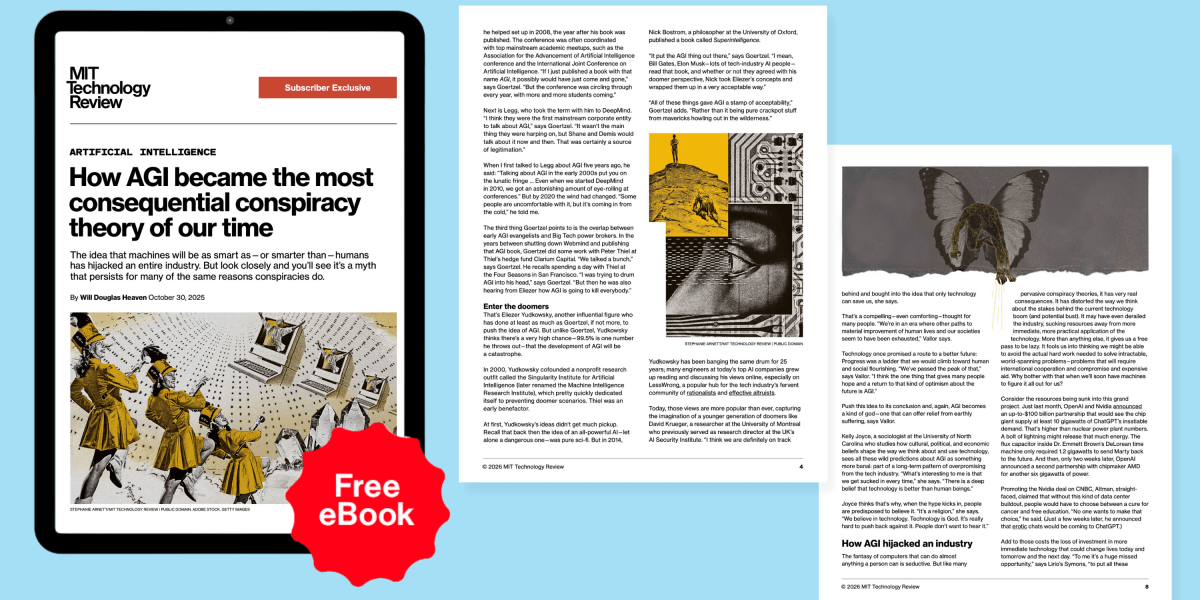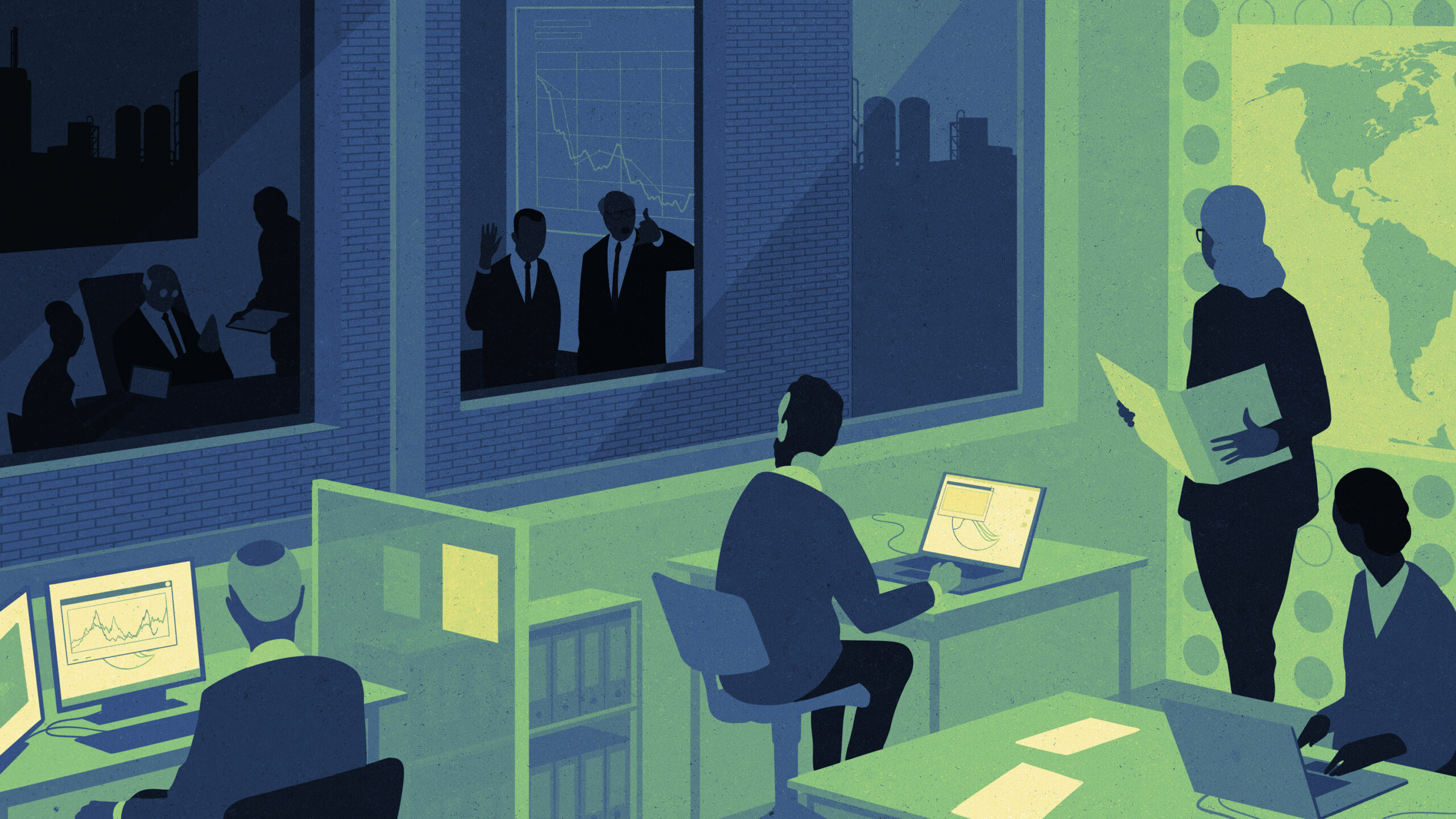This is today’s edition of The Download, our weekday newsletter that provides a daily dose of what’s going on in the world of technology.
What it’s like to be in the middle of a conspiracy theory (according to a conspiracy theory expert)
—Mike Rothschild is a journalist and an expert on the growth and impact of conspiracy theories and disinformation.
It’s something of a familiar cycle by now: Tragedy hits; rampant misinformation and conspiracy theories follow. It’s often even more acute in the case of a natural disaster, when conspiracy theories about what “really” caused the calamity run right into culture-war-driven climate change denialism. Put together, these theories obscure real causes while elevating fake ones.
I’ve studied these ideas extensively, having spent the last 10 years writing about conspiracy theories and disinformation as a journalist and researcher. I’ve covered everything from the rise of QAnon to whether Donald Trump faked his assassination attempt. I’ve written three books, testified to Congress, and even written a report for the January 6th Committee.
Still, I’d never lived it. Not until my house in Altadena, California, burned down. Read the full story.
This story is part of MIT Technology Review’s series “The New Conspiracy Age,” on how the present boom in conspiracy theories is reshaping science and technology. Check out the rest of the series here. It’s also featured in this week’s MIT Technology Review Narrated podcast, which we publish each week on Spotify and Apple Podcasts.
If you’d like to hear more from Mike, he’ll be joining our features editor Amanda Silverman and executive editor Niall Firth for a subscriber-exclusive Roundtable conversation exploring how we can survive in the age of conspiracies. It’s at 1pm ET on Thursday November 20—register now to join us!
This startup thinks slime mold can help us design better cities
It is a yellow blob with no brain, yet some researchers believe a curious organism known as slime mold could help us build more resilient cities.
Humans have been building cities for 6,000 years, but slime mold has been around for 600 million. The team behind a new startup called Mireta wants to translate the organism’s biological superpowers into algorithms that might help improve transit times, alleviate congestion, and minimize climate-related disruptions in cities worldwide. Read the full story.
—Elissaveta M. Brandon
This story is from the latest print issue of MIT Technology Review magazine, which is full of fascinating stories about our bodies. If you haven’t already, subscribe now to receive future issues once they land.
The must-reads
I’ve combed the internet to find you today’s most fun/important/scary/fascinating stories about technology.
1 US government officials are skipping COP30
And American corporate executives are following their lead. (NYT $)
+ Protestors stormed the climate talks in Brazil. (The Guardian)
+ Gavin Newsom took aim at Donald Trump’s climate policies onstage. (FT $)
2 The UK may assess AI models for their ability to generate CSAM
Its government has suggested amending a legal bill to enable the tests. (BBC)
+ US investigators are using AI to detect child abuse images made by AI. (MIT Technology Review)
3 Google is suing a group of Chinese hackers
It claims they’re selling software to enable criminal scams. (FT $)
+ The group allegedly sends colossal text message phishing attacks. (CBS News)
4 A major ‘cryptoqueen’ criminal has been jailed
Qian Zhimin used money stolen from Chinese pensioners to buy cryptocurrency now worth billions. (BBC)
+ She defrauded her victims through an elaborate ponzi scheme. (CNN)
5 Carbon capture’s creators fear it’s being misused
Overreliance on the method could breed overconfidence and cause countries to delay reducing emissions. (Bloomberg $)
+ Big Tech’s big bet on a controversial carbon removal tactic. (MIT Technology Review)
6 The UK will use AI to phase out animal testing
3D bioprinted human tissues could also help to speed up the process. (The Guardian)
+ But the AI boom is looking increasingly precarious. (WSJ $)
7 Louisiana is dealing with a whooping cough outbreak
Two infants have died to date from the wholly preventative disease. (Undark)
8 Here’s how ordinary people use ChatGPT
Emotional support and discussions crop up regularly.(WP $)
+ It’s surprisingly easy to stumble into a relationship with an AI chatbot. (MIT Technology Review)
9 Inside the search for lost continents
A newly-discovered mechanism is shedding light on why they may have vanished. (404 Media)
+ How environmental DNA is giving scientists a new way to understand our world. (MIT Technology Review)
10 AI is taking Gen Z’s entry-level jobs
Especially in traditionally graduate-friendly consultancies. (NY Mag $)
+ What the Industrial Revolution can teach us about how to handle AI. (Knowable Magazine)
+ America’s corporate boards are stumbling in the dark. (WSJ $)
Quote of the day
“We can’t eat money.”
—Nato, an Indigenous leader from the Tupinamba community, tells Reuters why they are protesting at the COP30 climate summit in Brazil against any potential sale of their land.
One more thing
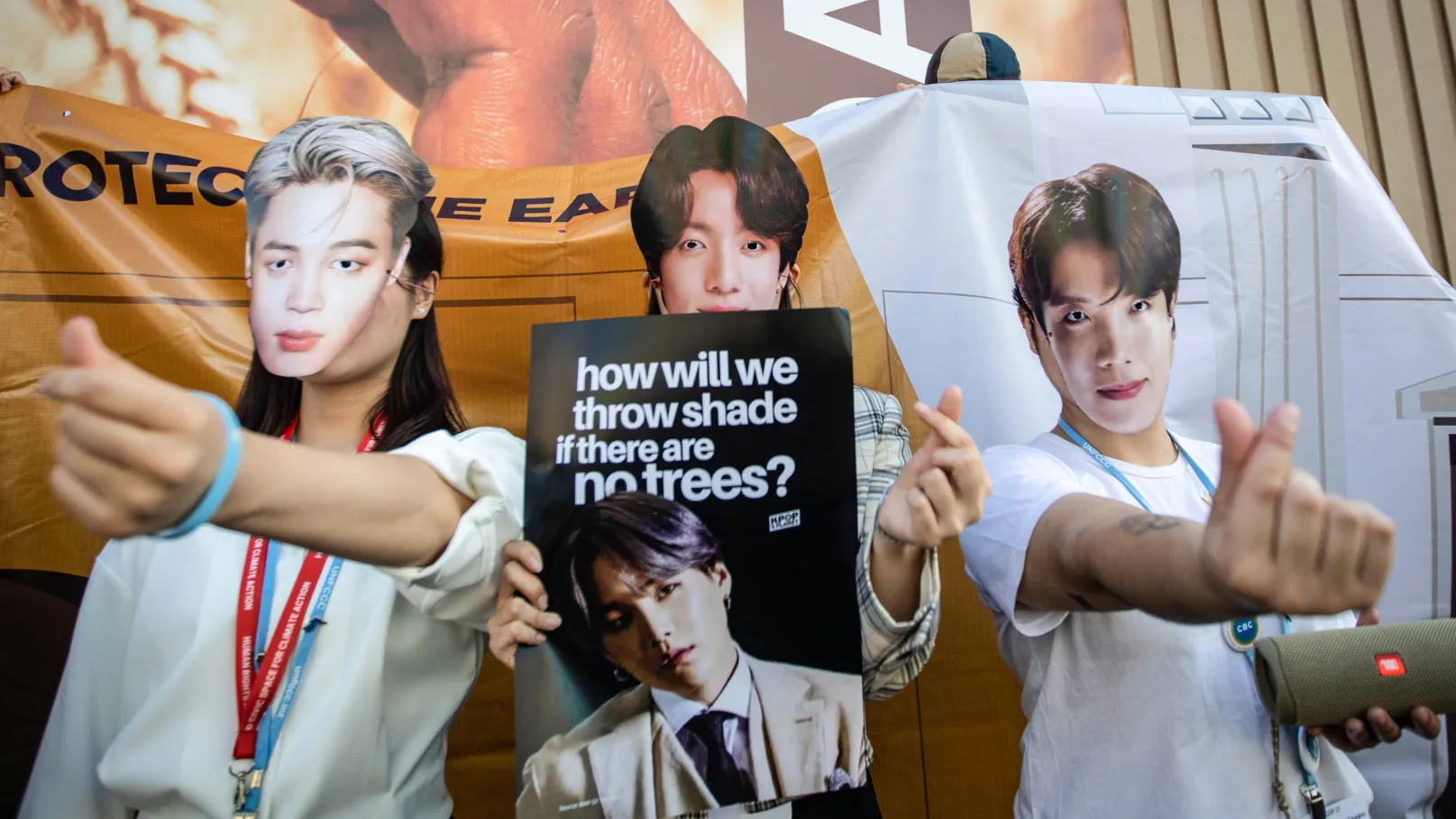
How K-pop fans are shaping elections around the globe
Back in the early ‘90s, Korean pop music, known as K-pop, was largely conserved to its native South Korea. It’s since exploded around the globe into an international phenomenon, emphasizing choreography and elaborate performance.
It’s made bands like Girls Generation, EXO, BTS, and Blackpink into household names, and inspired a special brand of particularly fierce devotion in their fans.
Now, those same fandoms have learned how to use their digital skills to advocate for social change and pursue political goals—organizing acts of civil resistance, donating generously to charity, and even foiling white supremacist attempts to spread hate speech. Read the full story.
—Soo Youn
We can still have nice things
A place for comfort, fun and distraction to brighten up your day. (Got any ideas? Drop me a line or skeet ’em at me.)
+ These sucker fish are having the time of their lives hitching a ride on a whale.
+ Next time you fly, ditch the WiFi. I know I will.
+ I love this colossal interactive gif.
+ The hottest scent in perfumery right now? Smelling like a robot, apparently.



